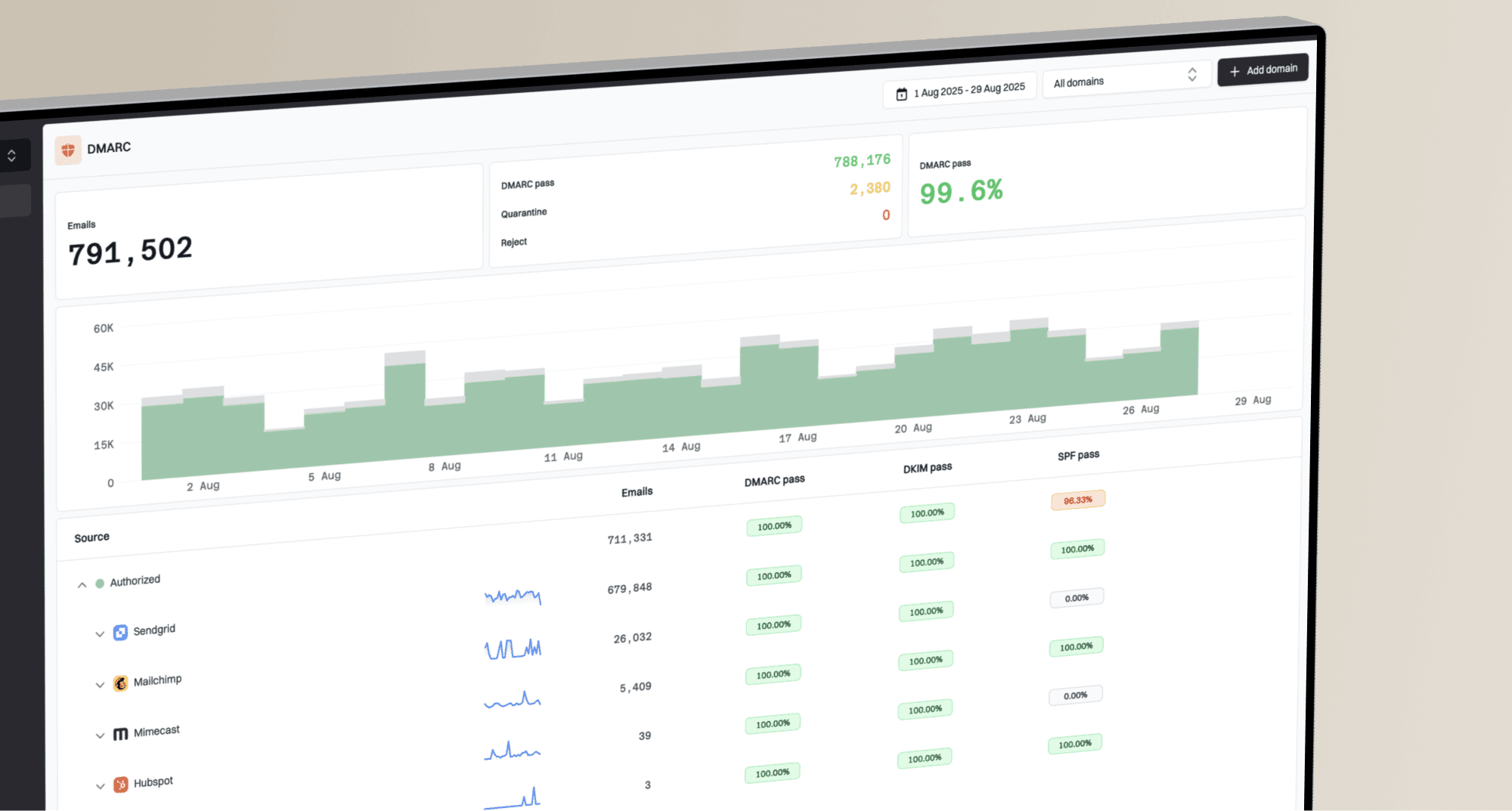Why are phishing emails being sent from verified and authenticated intuit.com servers?

Matthew Whittaker
Co-founder & CTO, Suped
Published 17 Apr 2025
Updated 5 Nov 2025
6 min read

 Intuit's email infrastructure. These emails are intended and expected, making them pass all email authentication checks.
Intuit's email infrastructure. These emails are intended and expected, making them pass all email authentication checks. Mailchimp or Intuit account, or exploits a feature to send an email, that email will pass SPF, DKIM, and DMARC because it is indeed coming from intuit.com's authorized servers. The authentication protocols confirm the source, but they cannot discern the intent of the message itself. This scenario explains why Outlook might flag authenticated emails as unverified if other reputation factors are poor.
Mailchimp or Intuit account, or exploits a feature to send an email, that email will pass SPF, DKIM, and DMARC because it is indeed coming from intuit.com's authorized servers. The authentication protocols confirm the source, but they cannot discern the intent of the message itself. This scenario explains why Outlook might flag authenticated emails as unverified if other reputation factors are poor.v=spf1 include:spf.protection.outlook.com include:servers.mcsv.net include:_spf.intuit.com -all
|
|
|---|---|
Verify sources: Independently verify any suspicious email's claims by contacting the company through official channels or logging into your account directly. | Implement MFA: Encourage users to enable multi-factor authentication on all services, especially financial ones. |
Report phishing: Forward suspicious emails to the service provider's security team, like security@intuit.com. | |
Educate yourself: Learn to recognize common phishing tactics, even in seemingly legitimate emails. | Enhance fraud detection: Implement advanced fraud detection and prevention systems to identify and shut down abusive accounts. |
